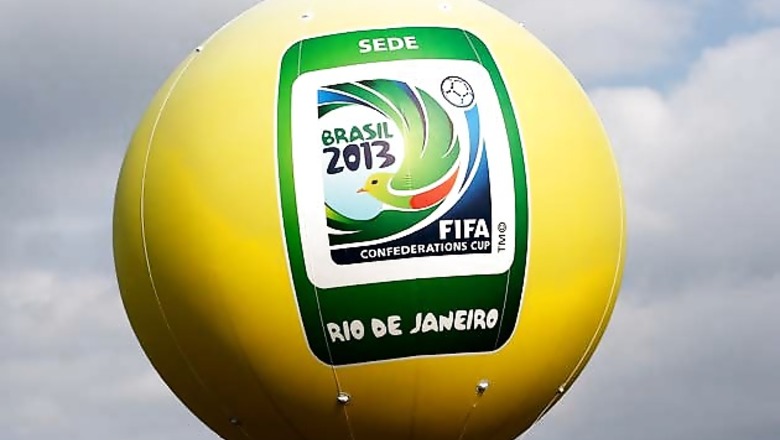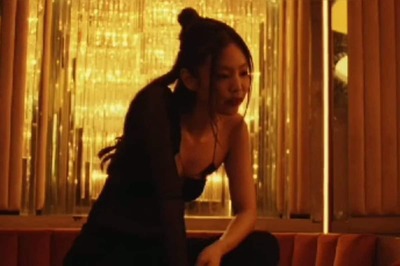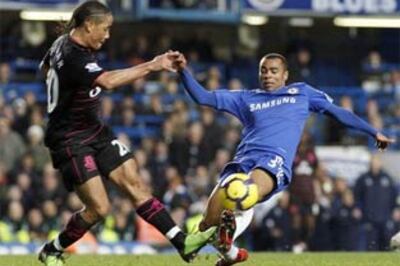
views
Rio de Janerio: On the field, the Confederations Cup can give Brazil's national team a major boost in their quest to win a sixth World Cup title next year. Off the field, the eight-team tournament will offer the first hints about where the country stands in their preparations for the main event in 2014.
Brazil have won the last two Confederations Cup titles - in 2005 and 2009. And while expectations will be predictably high for this month's tournament, it won't be anywhere near the pressure the team will face in 12 months, when Brazil will try to avoid losing a second World Cup on home soil.
"Yes it is a lot of responsibility, but a dream come true," Brazil striker Neymar said. "You don't have to think that wearing the yellow shirt is a heavy burden. You have to wear it as if you were playing in your own yard. Just be happy."
At the Confederations Cup, Brazil will play alongside defending world champion Spain, Italy, Uruguay, Japan, Mexico, Nigeria and Tahiti - combining to bring plenty of star power in the form of Neymar, Italy striker Mario Balotelli and Spain midfield duo Andres Iniesta and Xavi Hernandez.
And from President Dilma Rousseff on down, Brazilians are hoping the Confederations Cup will avoid major organizational glitches and focus instead on high-quality football at the six new or renovated stadiums that will host the two-week event, which opens on Saturday with Brazil facing Japan in the new national stadium in Brasilia.
"It's an important competition. There are four world champions and an Olympic champion there," Spain Coach Vicente del Bosque said. "We have to have people who are absolutely delighted to be included in the squad."
Group A features Brazil, Japan, Mexico and Italy, with Group B counting Spain, Uruguay, Nigeria and Tahiti. The top two in each group reach the semifinals. Rousseff has visited the six Confederations Cup venues and boasted about the "beauty and modernity" of the stadiums.
"Many people did not think we would be able to build these stadiums before the Confederations Cup at the standards required by FIFA," Rousseff said, making reference to the "old-mutt" complex, a sense that Brazil lacked confidence and would fail to meet the challenge.
"But the workers who built these stadiums, the businessmen hired to do these works and all the governments involved have proved that Brazil is able to accept challenges and fulfill promptly commitments undertaken."
In something of a bad omen, the day that Rousseff spoke a small part of the roof at the stadium in Salvador - a Confederations Cup venue - collapsed under the weight of heavy rainfall. There were no injuries.
FIFA and local organizers called the event "an isolated incident."
The jury will be out until the Confederations Cup ends with the final on June 30 at Rio's renovated Maracana Stadium - the venue for the final match of the 1950 World Cup, won 2-1 by Uruguay over Brazil. The six stadiums have all faced delays, and last-minute problems are expected.
FIFA Secretary General Jerome Valcke has angered Brazil officials, repeatedly scolding them in public about getting things done on time. He has acknowledged the Confederations Cup will be a maze of unfinished work and admitted that "not all operational arrangements will be 100 percent," then warned "this will be impossible to repeat for the FIFA World Cup."
Six more stadiums must be finished for the World Cup, and Valcke has set the deadline for all stadiums to be completed by Dec. 31. He threatened to scratch Brazil's largest city, Sao Paulo, from the calendar if their new stadium missed the deadline.
Brazil are spending an estimated $3.5 billion on stadiums for the World Cup. They also must upgrade their transportation infrastructure. Telecommunications and hotels also need upgrading, and the high cost of almost everything will shock first-time visitors.
The country is also being criticized for building "white elephant" football stadiums in at least three places - in Brasilia, in Manaus in the northern state of Amazonas, and in Cuiaba in the southwest. All lack local teams, or lack a team in Brazil's top league. Jose Maria Marin, the president of the Brazilian Football Confederation, was asked recently why 12 venues were needed - and whether they would indeed become "white elephants."
"It will all depend on the creativity, the imagination of the owners and the operators of these stadiums," Marin replied. "It will depend on the imagination of each leader."
Rousseff said the venues, even without football, were justified.
"In addition to football matches, they will also receive great shows and events, and will have shops, restaurants, cultural venues, museums and halls," she said. "They will be the new leisure space for the population."
Some of the heat will be off if Brazil win the Confederations Cup, and things run smoothly. The national team, often considered the world's best, has slumped in the FIFA rankings, far behind No. 1 Spain, No. 2 Germany and No. 3 Argentina. Teams like Greece, Switzerland and Belgium rank ahead of Brazil, and Denmark and Bosnia-Herzegovina are right behind.
"I'm sure Brazil will shine on and off the field," Rousseff said. "Let's show those who follow the games - international and national tourists, players and technical staff - that we are a joyful and peaceful country. I'm sure all who come to visit us will fall in love and will want to return for the World Cup next year."




















Comments
0 comment